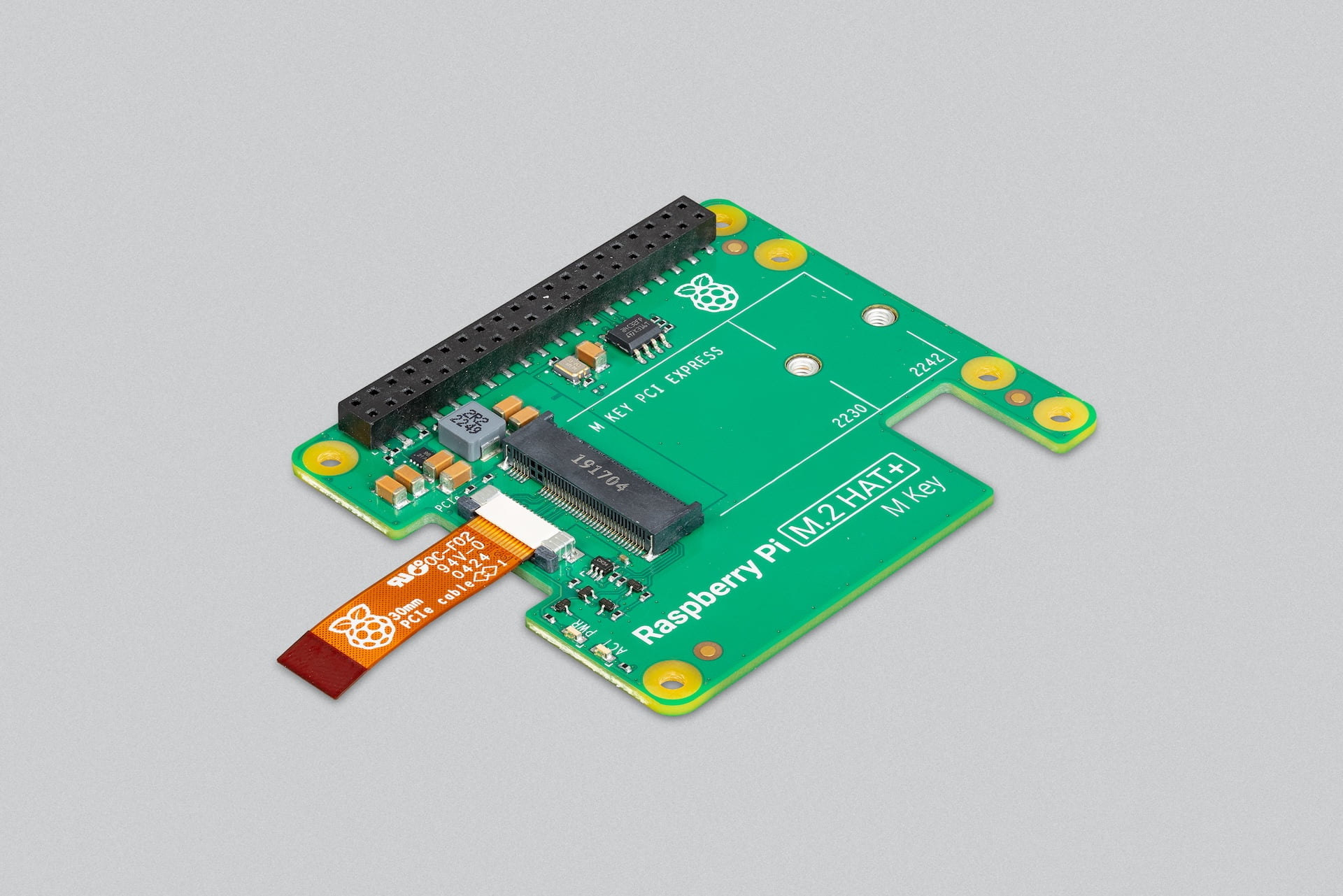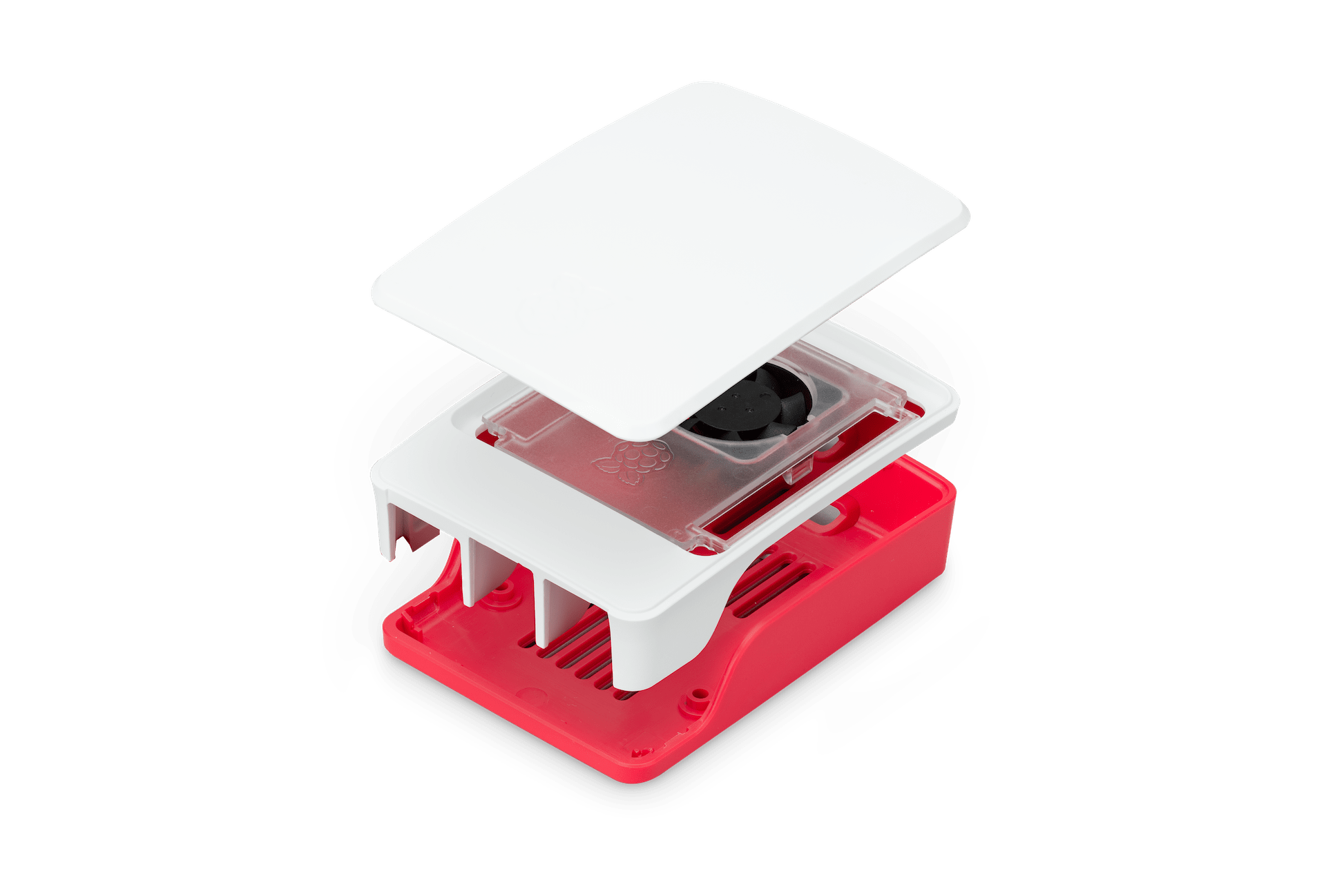Best Remote IoT Platform For Raspberry Pi: A Comprehensive Guide
Remote IoT platforms have become essential for developers working with Raspberry Pi. These platforms provide tools and frameworks to manage IoT devices remotely, making them indispensable for modern IoT projects. As technology continues to evolve, selecting the right platform can significantly impact the success of your IoT implementation. This guide explores the top remote IoT platforms tailored for Raspberry Pi, offering insights to help you make an informed decision.
The Internet of Things (IoT) has transformed industries worldwide, enabling seamless connectivity between devices. Among the tools driving this revolution, Raspberry Pi stands out as a versatile and cost-effective solution for building IoT applications. However, managing IoT devices remotely can be challenging without the right platform. This is where remote IoT platforms come into play, offering robust solutions to streamline device management and data analysis.
In this article, we delve into the best remote IoT platforms for Raspberry Pi, examining their features, benefits, and limitations. Whether you're a beginner or an experienced developer, this guide will equip you with the knowledge needed to select the perfect platform for your IoT projects. Let's explore the options available and discover how they can enhance your Raspberry Pi-based IoT solutions.
Read also:Why Redditor Memes Are The Lifeblood Of Online Humor
Table of Contents
- Introduction to Remote IoT Platforms
- Raspberry Pi and IoT
- Criteria for Selecting a Remote IoT Platform
- Top Remote IoT Platforms for Raspberry Pi
- Comparison of Remote IoT Platforms
- Implementation Tips for Raspberry Pi
- Future Trends in IoT Platforms
- Conclusion and Recommendations
- Frequently Asked Questions
Introduction to Remote IoT Platforms
Remote IoT platforms serve as the backbone of modern IoT ecosystems, enabling developers to manage, monitor, and control IoT devices from anywhere in the world. These platforms provide a range of functionalities, including data collection, device management, analytics, and visualization. For Raspberry Pi users, selecting the right remote IoT platform is crucial for ensuring seamless integration and efficient operation.
Key features of remote IoT platforms include:
- Scalability: Platforms should support a growing number of devices without compromising performance.
- Security: Robust security measures are essential to protect sensitive data and prevent unauthorized access.
- Interoperability: The ability to integrate with various hardware and software systems is vital for flexibility.
- Customization: Users should be able to tailor the platform to meet their specific needs and requirements.
Understanding these features will help you choose a platform that aligns with your project goals and objectives.
Raspberry Pi and IoT
Raspberry Pi has become a popular choice for IoT developers due to its affordability, versatility, and ease of use. This single-board computer offers a wide range of capabilities, making it ideal for both small-scale projects and large-scale deployments. Its compatibility with various programming languages and operating systems further enhances its appeal in the IoT landscape.
When combined with a remote IoT platform, Raspberry Pi becomes a powerful tool for building smart applications. These platforms provide the infrastructure needed to manage and analyze data generated by Raspberry Pi devices, enabling developers to create innovative solutions that address real-world challenges.
Criteria for Selecting a Remote IoT Platform
Selecting the right remote IoT platform for Raspberry Pi involves evaluating several factors. These criteria ensure that the chosen platform meets your project requirements and provides long-term value. Consider the following aspects when making your decision:
Read also:Is Movie Rulz Com Safe A Comprehensive Guide To Understanding Its Impact And Alternatives
- Functionality: Does the platform offer the features you need, such as data analytics, device management, and visualization?
- Cost: Is the pricing structure transparent and affordable? Are there hidden fees or limitations?
- Support: Does the platform provide adequate documentation, tutorials, and customer support?
- Community: Is there an active community of developers using the platform? This can be valuable for troubleshooting and learning.
By carefully evaluating these criteria, you can identify the platform that best suits your needs and budget.
Top Remote IoT Platforms for Raspberry Pi
ThingsBoard
ThingsBoard is an open-source IoT platform designed for device management, data collection, and visualization. It offers a user-friendly interface and supports various protocols, making it an excellent choice for Raspberry Pi projects. Key features include:
- Real-time data processing and visualization.
- Scalability to handle large numbers of devices.
- Customizable dashboards for monitoring and analysis.
ThingsBoard's open-source nature allows developers to modify and extend its functionality, providing flexibility and cost savings.
AWS IoT Core
AWS IoT Core is a cloud-based platform that enables secure and scalable communication between IoT devices and the cloud. It integrates seamlessly with other AWS services, offering a comprehensive solution for IoT projects. Features include:
- Device fleet management and monitoring.
- Secure messaging and data encryption.
- Advanced analytics and machine learning capabilities.
While AWS IoT Core is a powerful platform, its pricing structure may be a consideration for smaller projects.
Microsoft Azure IoT
Microsoft Azure IoT provides a suite of tools and services for building and managing IoT solutions. Its robust infrastructure and extensive integration capabilities make it a top choice for developers. Key features include:
- Device management and monitoring.
- Streaming analytics and AI integration.
- Scalable and secure cloud-based infrastructure.
Azure IoT's compatibility with Windows and other Microsoft products makes it particularly appealing to organizations already using Microsoft technologies.
Google Cloud IoT
Google Cloud IoT offers a cloud-based platform for managing and analyzing IoT data. Its integration with Google's powerful analytics tools and machine learning capabilities sets it apart from other platforms. Features include:
- Real-time data processing and analysis.
- Scalable and secure infrastructure.
- Integration with Google Cloud services like BigQuery and TensorFlow.
Google Cloud IoT is ideal for projects requiring advanced analytics and AI-driven insights.
Ubidots
Ubidots is a cloud-based IoT platform designed for rapid development and deployment of IoT solutions. Its ease of use and comprehensive features make it a popular choice for Raspberry Pi projects. Key features include:
- Simple device integration and data visualization.
- Customizable dashboards and alerts.
- Support for various communication protocols.
Ubidots' intuitive interface and extensive documentation make it accessible for both beginners and experienced developers.
IoTivity
IoTivity is an open-source framework for building IoT applications. Developed by the Open Connectivity Foundation (OCF), it provides a standardized approach to IoT development. Key features include:
- Interoperability with OCF-certified devices.
- Open-source architecture for customization.
- Support for various communication protocols and standards.
IoTivity's focus on standardization makes it an attractive option for developers seeking compatibility and consistency across devices.
Comparison of Remote IoT Platforms
Choosing the best remote IoT platform for Raspberry Pi depends on your specific needs and preferences. Below is a comparison of the platforms discussed:
| Platform | Cost | Scalability | Security | Customization |
|---|---|---|---|---|
| ThingsBoard | Free (Open Source) | High | Strong | High |
| AWS IoT Core | Paid | Very High | Very Strong | High |
| Microsoft Azure IoT | Paid | Very High | Very Strong | High |
| Google Cloud IoT | Paid | Very High | Very Strong | High |
| Ubidots | Free/Paid | High | Strong | Medium |
| IoTivity | Free (Open Source) | High | Strong | High |
This comparison highlights the strengths and limitations of each platform, helping you make an informed decision.
Implementation Tips for Raspberry Pi
Successfully implementing a remote IoT platform on Raspberry Pi requires careful planning and execution. Here are some tips to ensure a smooth implementation process:
- Start with a clear project plan, outlining your goals and requirements.
- Choose a platform that aligns with your technical expertise and budget.
- Test your setup thoroughly before deploying it in a production environment.
- Regularly update your Raspberry Pi and platform software to ensure security and stability.
By following these tips, you can maximize the potential of your IoT project and achieve your desired outcomes.
Future Trends in IoT Platforms
The IoT landscape is evolving rapidly, with new trends and technologies emerging regularly. Some key trends to watch include:
- Edge Computing: Processing data closer to the source reduces latency and improves efficiency.
- AI and Machine Learning: These technologies enhance data analysis and decision-making capabilities.
- 5G Connectivity: Faster and more reliable networks enable more advanced IoT applications.
Staying informed about these trends will help you leverage the latest advancements in IoT technology.
Conclusion and Recommendations
Selecting the best remote IoT platform for Raspberry Pi requires careful consideration of your project requirements and available options. Platforms like ThingsBoard, AWS IoT Core, and Ubidots offer unique features and benefits that cater to different needs. By evaluating factors such as functionality, cost, and support, you can identify the platform that best suits your project.
We encourage you to explore the platforms discussed in this guide and experiment with them to find the one that works best for you. Additionally, don't hesitate to share your thoughts and experiences in the comments section or explore other articles on our site for more insights into IoT development.
Frequently Asked Questions
Q: Can I use multiple IoT platforms for a single project?
A: Yes, you can integrate multiple platforms to leverage their unique features and capabilities. However, ensure compatibility and avoid unnecessary complexity.
Q: Is Raspberry Pi suitable for large-scale IoT deployments?
A: While Raspberry Pi is ideal for small
Article Recommendations


